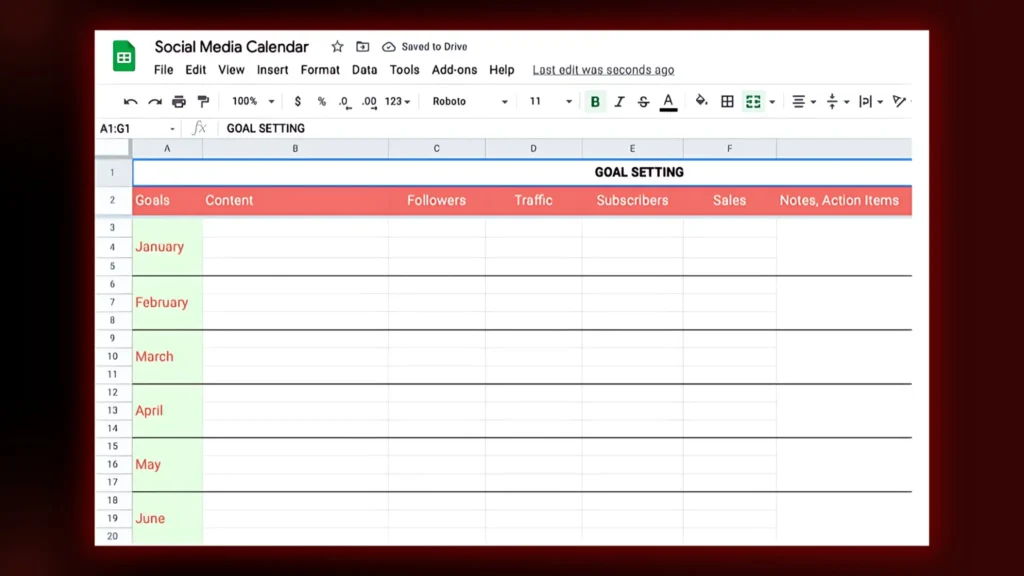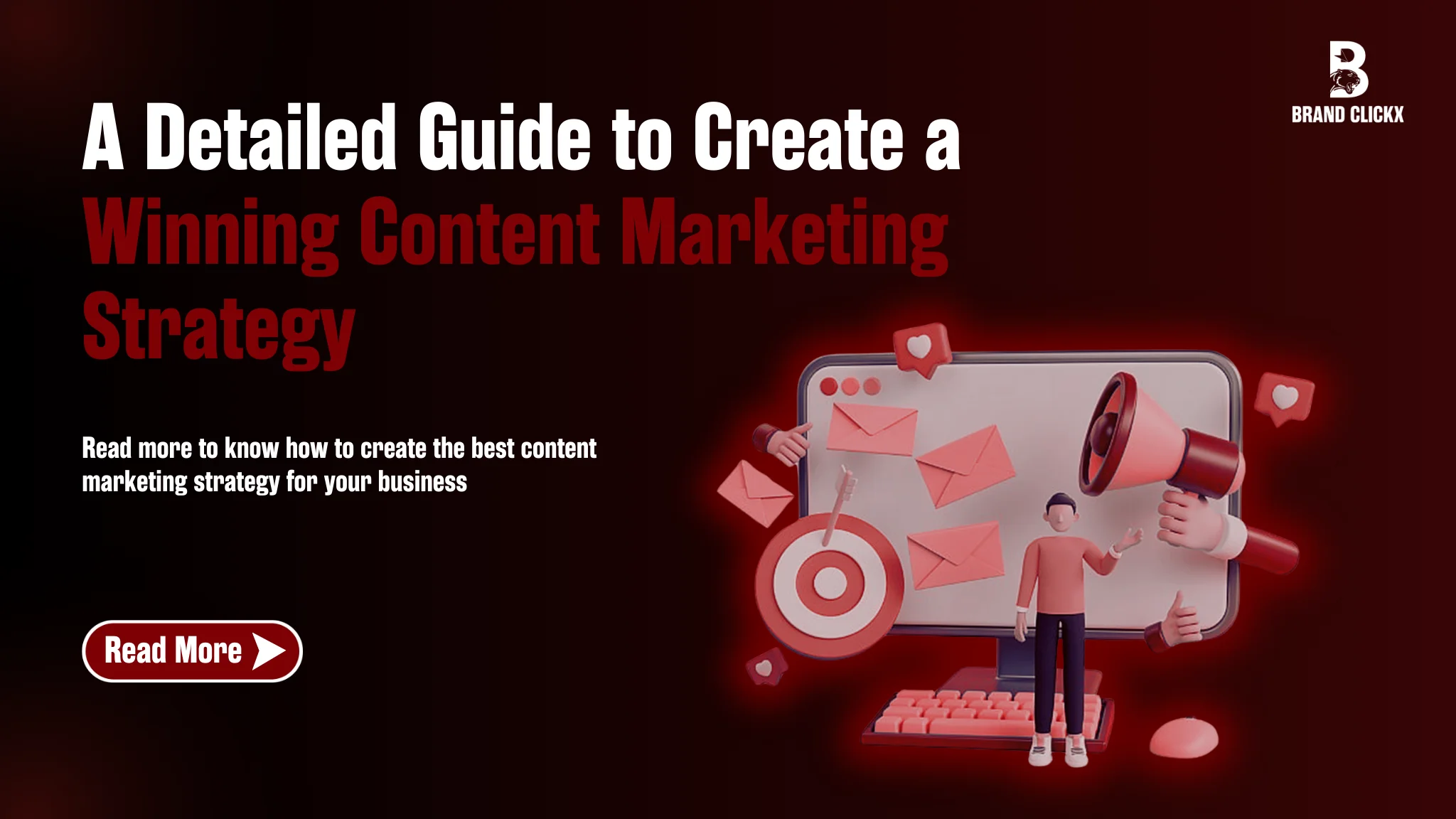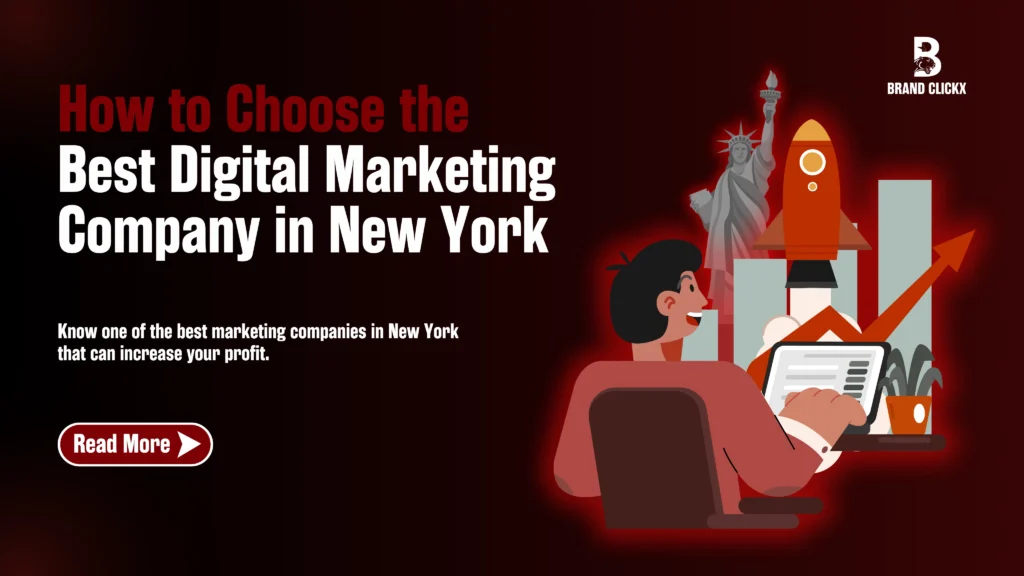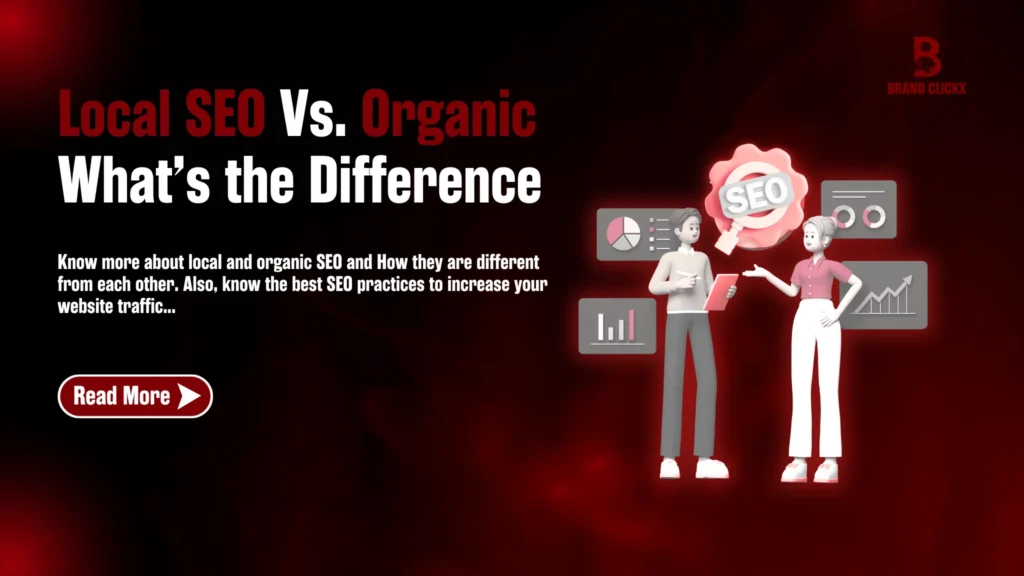Content marketing strategy is no longer just a good idea but a must for businesses looking to connect with their audience, build brand awareness, and drive customer action. Whether you’re an experienced marketer or just starting out, understanding how to create and implement a successful content marketing strategy can be the key to reaching your brand’s full potential.
So, let’s explore the world of content marketing, provide actionable tips on how to develop a strategy that truly resonates with your target audience, and discuss its importance.
What is Content Marketing?
Content marketing is a strategic approach focused on creating and distributing valuable, relevant, and consistent content to attract and retain a clearly defined audience and, ultimately, drive profitable customer action. It’s all about providing helpful information to your prospects and customers, helping them solve problems or meet their needs, rather than directly pitching products or services. This approach is integral to all forms of marketing, including email marketing, social media marketing, SEO, PR, PPC, inbound marketing, and digital marketing.
Think of it like this: Imagine you’re at a dinner party, and instead of talking about yourself all night, you focus on sharing fascinating stories and insights that make others want to engage with you. That’s basically what content marketing does for your brand; it makes your audience want to listen and engage with you because you’re providing them with something valuable.
Read this detailed guide for b2b content marketing
Why Use Content Marketing?
1. Builds Trust and Credibility: By consistently delivering high-quality content, you establish your brand as a trusted authority in your industry. People start to see you as the go-to expert, which can lead to increased loyalty and advocacy.
2. Cost-Effective: Content marketing can be more cost-effective in the long run compared to traditional advertising methods. Once you’ve created a piece of content, it can continue to attract visitors and generate leads for months or even years to come.
3. SEO Benefits: Search engines reward businesses that publish quality, consistent content, improving your visibility in search results. This means more people will find your brand when searching for topics related to your business.
4. Engagement and Conversion: Valuable content encourages engagement and can lead to higher conversion rates. When people find your content helpful, they’re more likely to trust your brand and take action, whether that’s signing up for a newsletter or making a purchase.
Steps to Develop a Content Marketing Strategy
1. Define Your Goals

Identify what you want to achieve with your content marketing strategy. Common goals include increasing brand awareness, generating leads, or driving sales. Ensure your goals are specific, measurable, achievable, relevant, and time-bound (SMART).
For example, instead of saying, “I want more traffic,” say, “I want to increase website traffic by 20% over the next six months.”
2. Know Your Audience

Understand your target audience, their pain points, and what kind of content they engage with. Use tools like customer personas to guide your content creation. A customer persona is a detailed profile of your ideal customer, including demographics, interests, behaviours, and challenges. This helps you tailor your content to meet their needs and interests.
3. Conduct Keyword Research

Keyword research is essential for SEO. Identify relevant keywords your audience uses when searching for content related to your business. This will help you optimize your content so it appears in search results. Think about it like trying to find a specific book in a library; you need the right keywords to locate it easily.
4. Choose Your Content Channels

Decide which platforms to use based on where your audience is most active. This could include blog posts, social media, podcasts, videos, or email newsletters. For instance, if your audience is young and active on Instagram, you might focus on creating visually appealing content there.
5. Create a Content Calendar

Plan and schedule your content in advance using a content calendar. This helps ensure consistency and efficiency in your content publishing process. It’s like planning a meal for the week; you decide what you’re going to cook and when so you can prepare everything in advance.
6. Develop Engaging Content
Focus on creating content that is valuable, relevant, and consistent. Use storytelling techniques and visuals to make your content more engaging. People remember stories better than facts and figures, so try to weave narratives into your content.
7. Measure and Adjust
Use analytics tools to track the performance of your content. Based on the data, adjust your strategy to meet your goals better. If you find that a particular type of content isn’t performing well, try something new.
Content Strategy vs. Content Marketing Strategy
While often used interchangeably, content strategy and content marketing strategy have distinct focuses:
- Content Strategy: Involves the creation, publication, and governance of useful, usable content across all channels. It’s about managing all content within an organization, from product descriptions to social media posts.
- Content Marketing Strategy: Specifically focuses on using content to attract and engage a target audience, aiming to drive profitable customer action. It’s more about how you use content to achieve specific business goals.
Know about how to create a successful content strategy in 2025
Important Pillars of Effective Content Marketing Strategies
1. Blog Posts: Regularly publishing informative articles can establish your brand as an authority in your industry. For example, if you’re a fitness brand, you might write about workout routines, nutrition tips, or product reviews.
2. Email Newsletters: Consistent newsletters keep your audience engaged and informed about your brand. They can include exclusive offers, industry insights, or updates on new products.
3. Social Media Campaigns: Utilize platforms like Instagram or Facebook to create engaging content that resonates with your audience. This could be anything from funny memes to educational videos.
4. Podcasts: Offer in-depth discussions on topics relevant to your audience, providing valuable insights and entertainment. Podcasts are great for building a loyal following and establishing your brand as a thought leader.
Read more to write engaging content that converts
Final Thoughts
Crafting a successful content marketing strategy requires careful planning, execution, and ongoing optimization. By understanding your audience, setting clear goals, and consistently delivering valuable content, you can drive engagement, build brand loyalty, and achieve your business objectives. Remember, content marketing is a journey, not a destination. It’s about continuously providing value to your audience and adapting your strategy as you learn more about what works best for them.
For more insights on how to enhance your content marketing efforts, consider exploring resources that focus on best practices and SEO optimization. These tools can help you refine your strategy and ensure that your content reaches and resonates with your target audience effectively.
Reach out to BrandClickX to create a successful content marketing strategy for your Business.
Contact Us for more info!
FAQs
Q: How often should I publish content as part of my content marketing strategy?
The frequency of content publication depends on your audience’s needs and your resources. Consistency is key, so aim for a schedule that you can maintain over time. This could be daily, weekly, or monthly, depending on your goals and audience engagement.
Q: How do I measure the success of my content marketing strategy?
Use analytics tools to track metrics such as website traffic, engagement rates (likes, comments, shares), conversion rates, and lead generation. Adjust your strategy based on what works and what doesn’t.
Q: Can I use a content marketing strategy for both B2B and B2C businesses?
Yes, a content marketing strategy can be effective for both B2B and B2C businesses. The key is to tailor your content to the specific needs and preferences of your target audience, whether they are businesses or individual consumers.
Q: Can I outsource my content marketing strategy to an agency?
Yes, you can outsource your content marketing strategy to an agency. This can be beneficial if you lack the resources or expertise in-house. However, ensure the agency understands your brand voice and goals to create content that resonates with your audience.



